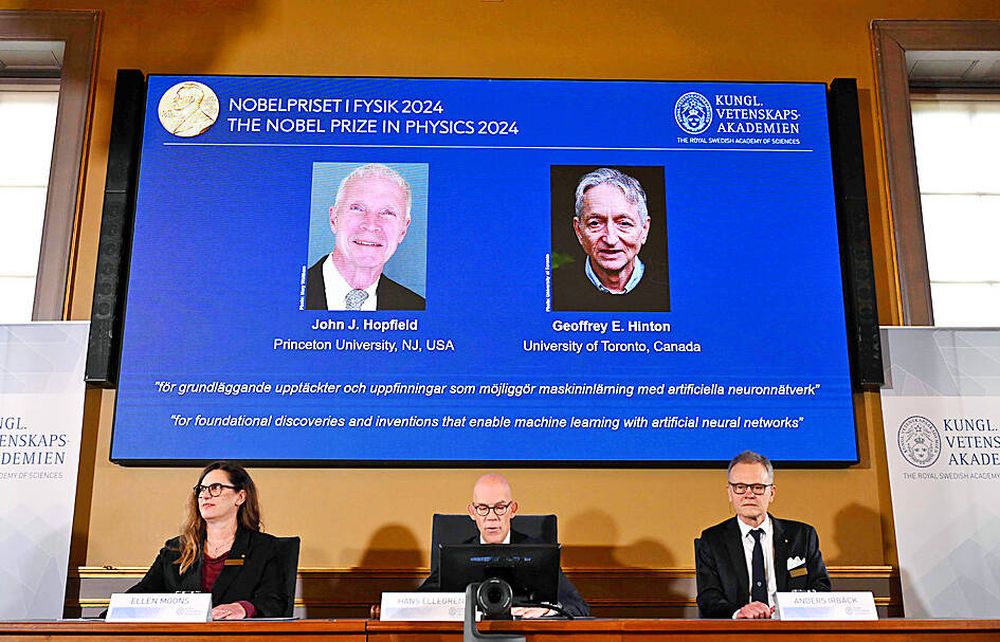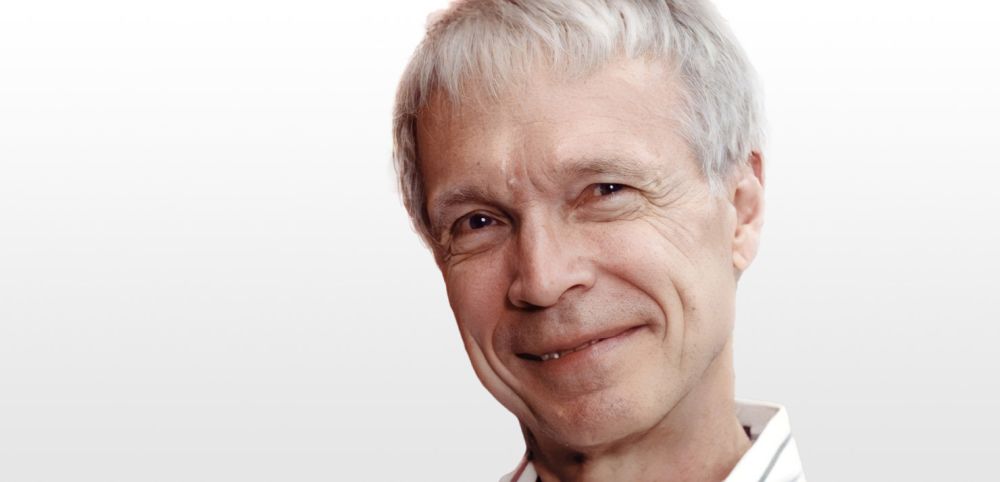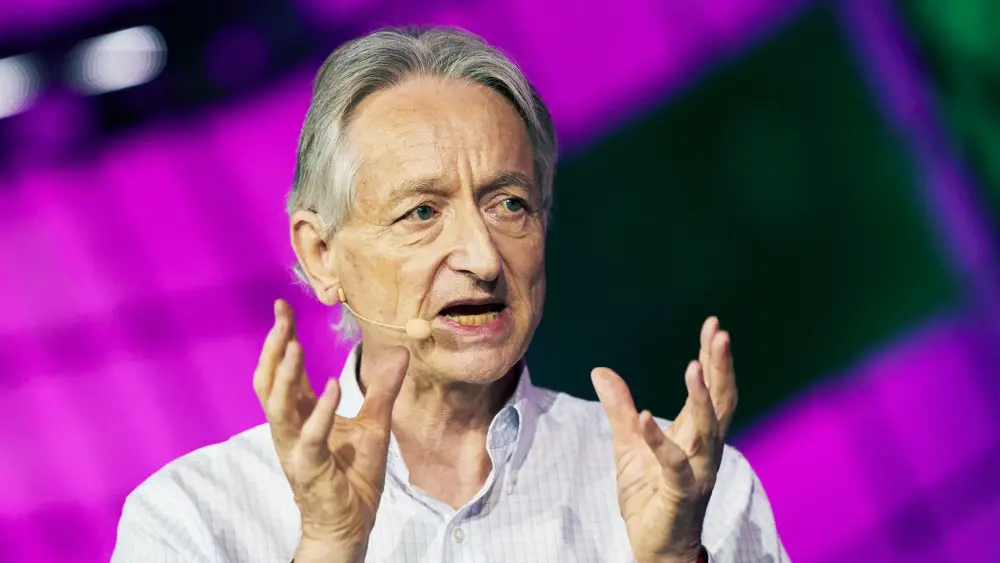The 2024 Nobel Prize in Physics has been awarded to John Hopfield and Geoffrey Hinton, honoring their groundbreaking contributions to artificial intelligence. Their early research in the 1980s set the stage for modern AI by introducing revolutionary concepts in neural network modeling. These innovations became the building blocks of today’s machine learning technologies, now used across a wide array of industries and scientific fields.

John Hopfield’s work began with the introduction of the Hopfield network in 1982, a novel approach to artificial neural networks inspired by condensed matter physics. By demonstrating how these networks could store and reconstruct patterns, Hopfield’s model provided a glimpse into how computational circuits could simulate brain-like functions. This breakthrough paved the way for associative memory systems that could correct distorted or incomplete data, a foundation for current AI applications.

Geoffrey Hinton, often dubbed the “godfather of AI,” built upon Hopfield’s work by developing the Boltzmann machine in 1985. This model utilized statistical physics to enable deep learning capabilities, including pattern recognition and autonomous learning. Hinton’s subsequent advancements in back propagation, a key method for training neural networks, became instrumental in the development of today’s AI systems, from image classification to natural language processing.

Despite these monumental achievements, Hinton has recently voiced concerns over the rapid development of AI, likening its potential societal impact to that of the Industrial Revolution. After leaving Google in 2023, he warned of AI’s risks, particularly its role in military applications and the blurring line between AI-generated content and reality. His cautionary stance calls for a deeper ethical consideration in the ongoing development of artificial intelligence.

#NobelPrize #ArtificialIntelligence #JohnHopfield #GeoffreyHinton #AIResearch #MachineLearning #DeepLearning #NeuralNetworks #EthicsInAI #Physics #TechNews #AIRevolution
